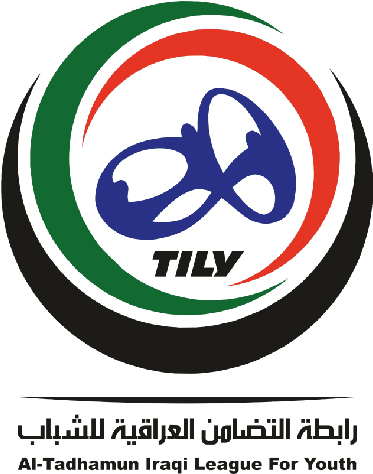The Educational Psychosocial Support (PSS) Counselor is a critical team member at TILY, focusing on supporting the educational reintegration and well-being of returnee children and their families in the Hit area of Anbar Governorate, Iraq. This role involves facilitating peer mentorship programs, organizing community dialogue forums, conducting parenting support groups, and coordinating logistical support for returnee students.
Essential Duties and Responsibilities:
Peer Mentorship Program:
• Develop and implement a structured peer mentorship program pairing returnee children with local student mentors.
• Recruit, screen, and train mentors on active listening, communication skills, conflict resolution, cultural sensitivity, and trauma-informed practices.
• Match mentees with suitable mentors based on individual needs and interests.
• Facilitate regular check-ins with mentor-mentee pairs to assess progress, address challenges, and celebrate successes.
• Monitor and evaluate the program’s effectiveness, collecting data on academic performance, social integration, and overall well-being of mentees.
Community Dialogue Forums:
• Plan and organize quarterly community dialogue forums bringing together returnee families, school staff, local government officials, community leaders, and other relevant stakeholders.
• Facilitate structured discussions on topics identified by participants, such as school re-entry challenges, cultural adjustment, access to services, and community cohesion.
• Invite guest speakers and experts to present on relevant topics, such as trauma-informed education and community resilience.
• Encourage active participation and collaboration among forum participants to develop action plans addressing identified needs.
• Document forum proceedings and track progress on action plans.
Parenting Support Groups:
• Facilitate monthly support groups for returnee parents to share experiences, exchange advice, and learn positive parenting skills in the context of reintegration and trauma.
• Provide psychoeducation on child development, trauma, and parenting challenges specific to the returnee population.
• Lead discussions and activities to promote communication skills, effective discipline strategies, stress management techniques, and resilience-building in children.
• Foster a supportive and non-judgmental environment where parents can connect with each other and share their experiences.
• Assess the impact of the support groups on parental knowledge, confidence, and parent-child relationships.
Logistical Support for Returnee Students:
• Coordinate the distribution of school bags, stationery, and other essential supplies to returnee students to facilitate their successful re-entry into the education system.
• Collaborate with school administrators, teachers, and community partners to identify students in need and ensure equitable distribution of resources.
• Monitor the impact of logistical support on school attendance, engagement, and academic performance.
Additional Responsibilities:
• Collaborate with other team members, including clinical psychologists, social workers, and community outreach workers, to provide holistic support to returnee children and their families.
• Participate in team meetings, case conferences, and supervision to ensure quality service delivery and professional development.
• Maintain accurate and confidential records of client interactions and program activities.
• Contribute to program development, implementation, and evaluation, sharing insights and recommendations based on field experience.
• Stay informed about current research and best practices in educational psychosocial support and trauma-informed care.
• Adhere to ethical guidelines and maintain confidentiality.
Qualifications:
• Master’s degree in Social Work, Counseling, Psychology, Education, or a related field.
• Experience working with children and families in educational settings, particularly those affected by trauma, displacement, and reintegration.
• Strong understanding of psychosocial support principles, child development, and trauma-informed practices.
• Cultural sensitivity and awareness of the specific challenges faced by returnee populations.
• Excellent communication, interpersonal, facilitation, and organizational skills.
• Fluency in Arabic and English.
• Ability to work independently and as part of a multidisciplinary team.
Preferred Qualifications:
• Experience working in humanitarian or post-conflict settings.
• Familiarity with local cultural norms and customs in the Anbar Governorate.
• Additional language skills relevant to the target population (e.g., Kurdish, Turkmen).
Compensation and Benefits:
• Competitive salary and benefits package commensurate with experience and qualifications.


